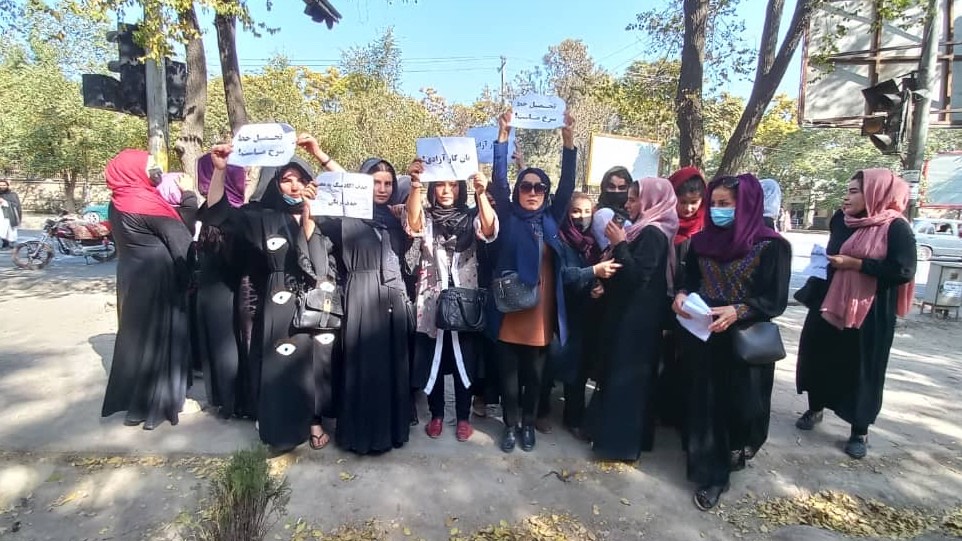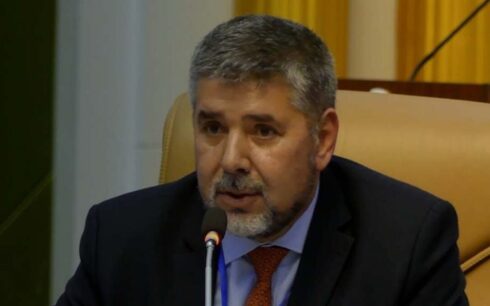Richard Bennett, the United Nations Special Rapporteur for Human Rights in Afghanistan, is urging Muslim nations to take a closer look at the ongoing restrictions on women and girls in Afghanistan.
In an interview with Amu, Bennett emphasized the need for Muslim countries to clarify that there are no inherent restrictions on the education of girls and women in Islam. He believes that any normalization process hinges on the return of women and girls to work and education.
“I am cautiously optimistic about the possibility of improving the situation for women and girls,” Bennett stated, emphasizing the importance of concerted efforts. He urged countries in the region and the majority of Islamic nations to devote more attention to the issue, emphasizing that there are no restrictions on education beyond primary levels in Islam. Bennett stressed that the normalization process should include women and girls having access to education and work.
Simultaneously, Rina Amiri, the US Special Envoy for Human Rights in Afghanistan, called for an immediate halt to the Taliban’s ban on women working in non-governmental organizations (NGOs). Amiri expressed deep concern about the severe impact of the suspension on Afghan female NGO and UN staff, posing a significant threat to critical humanitarian assistance.
As the one-year mark of edicts further restricting women’s participation in education and employment approaches, Amiri advocated for lifting the bans, resonating with the Afghan people’s sentiments. The continuous restrictions imposed by the Taliban have drawn criticism both domestically and internationally, with protests against limitations on women’s rights, education, and work.
Kabul residents are expressing their worries about the impact on women who are often the sole providers for their families. Despite domestic demands and international protests, the Taliban has maintained restrictions on women and girls, targeting their right to work, education, and freedom in the country for over two years and four months.





